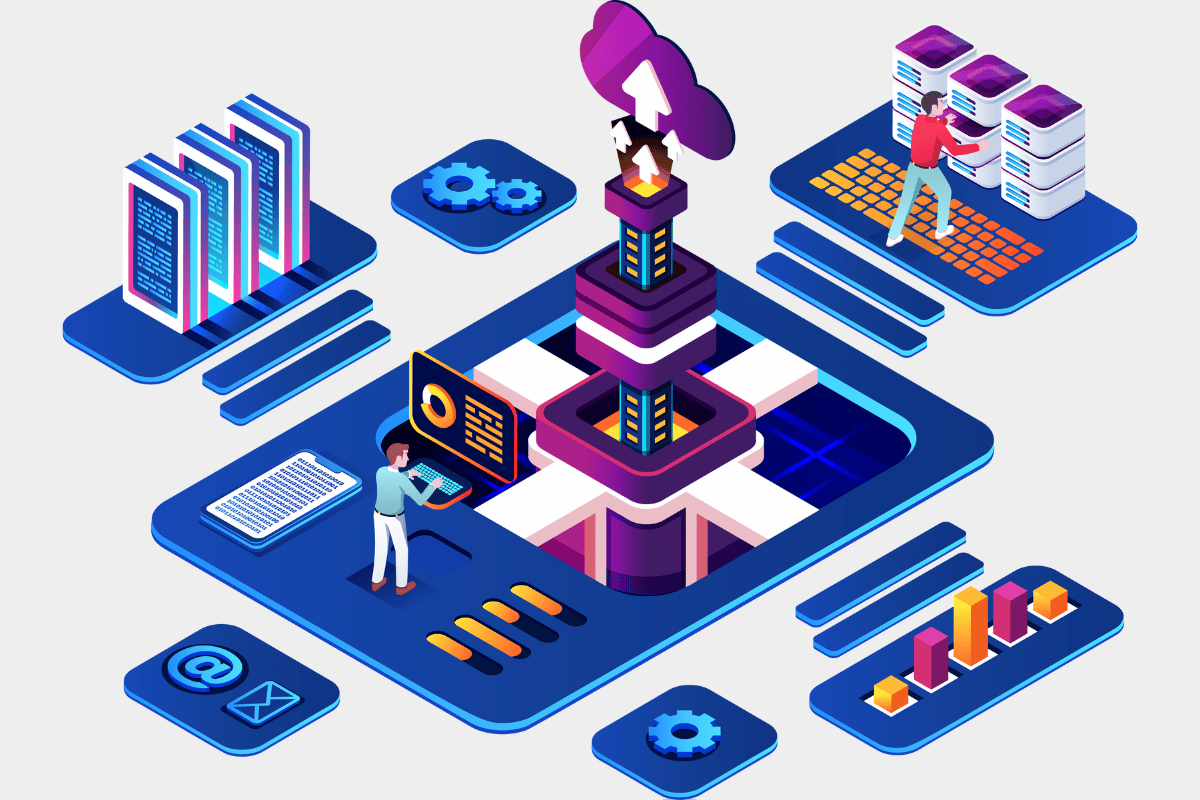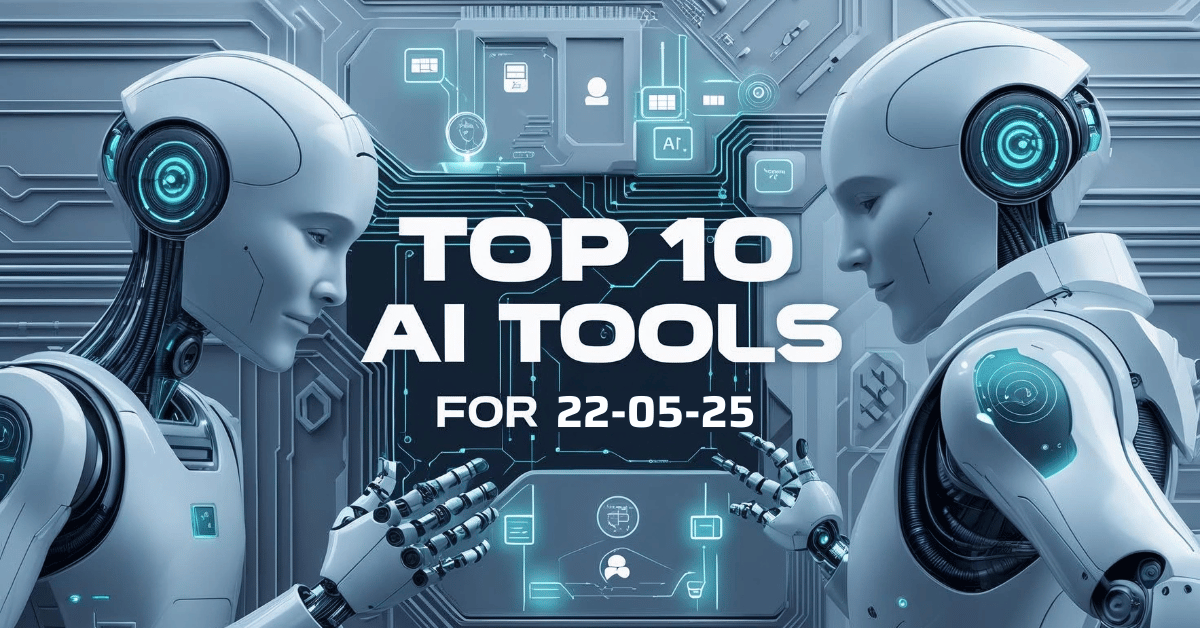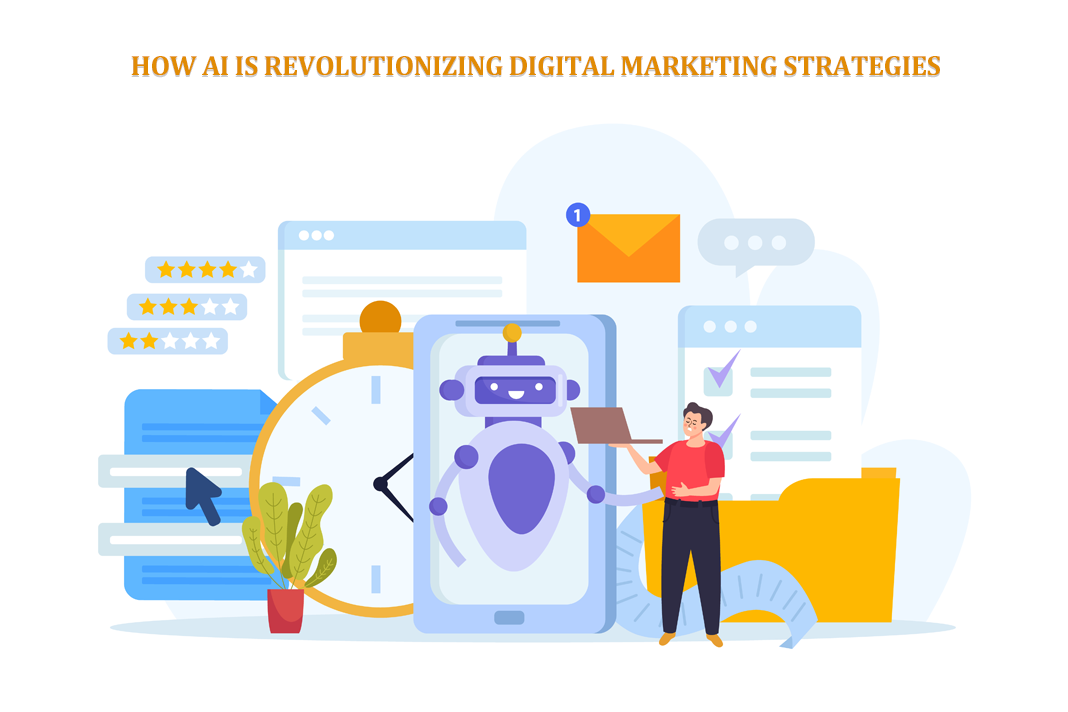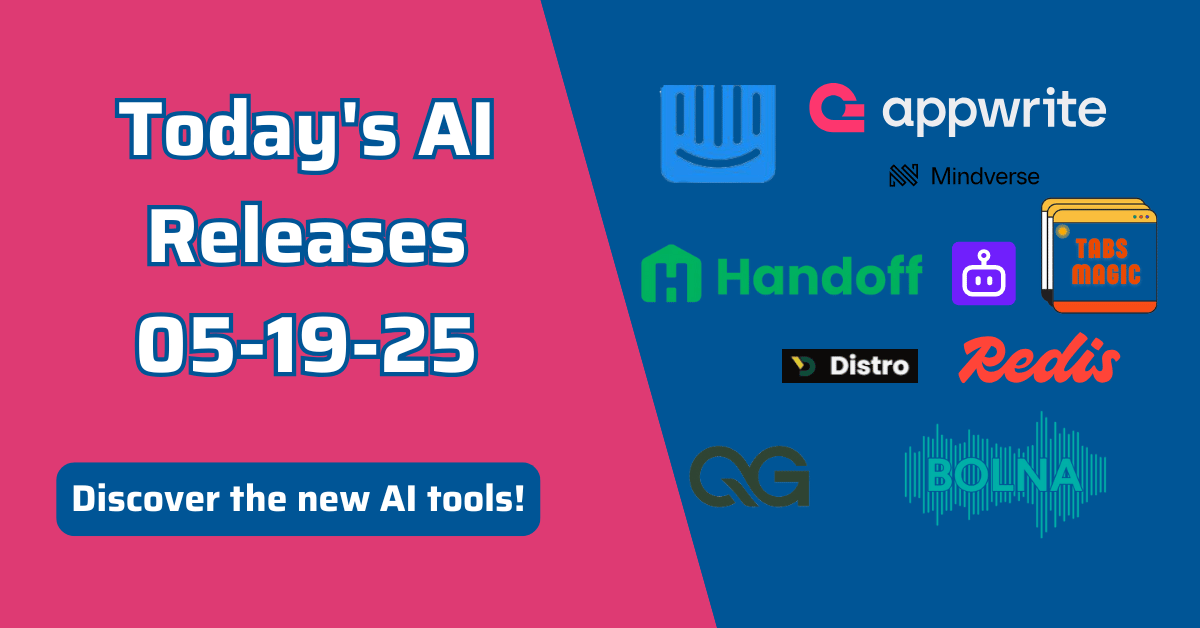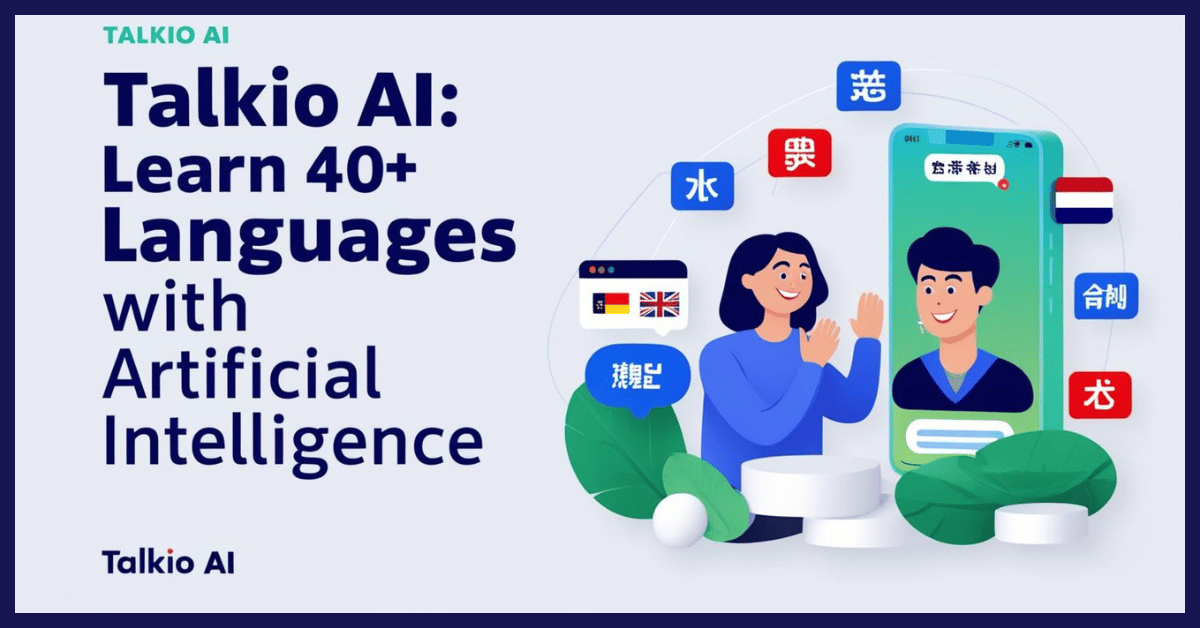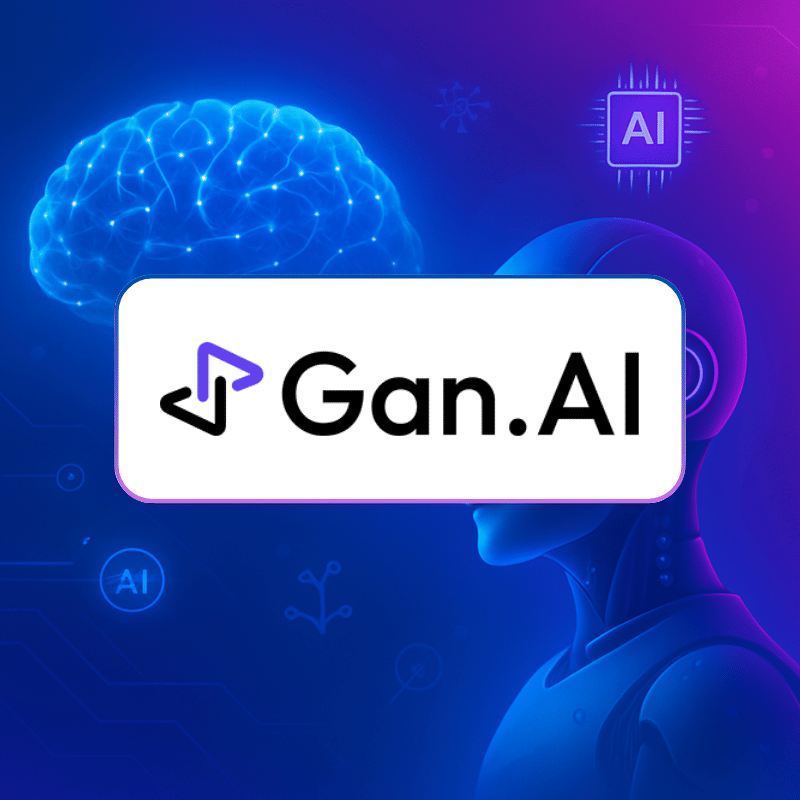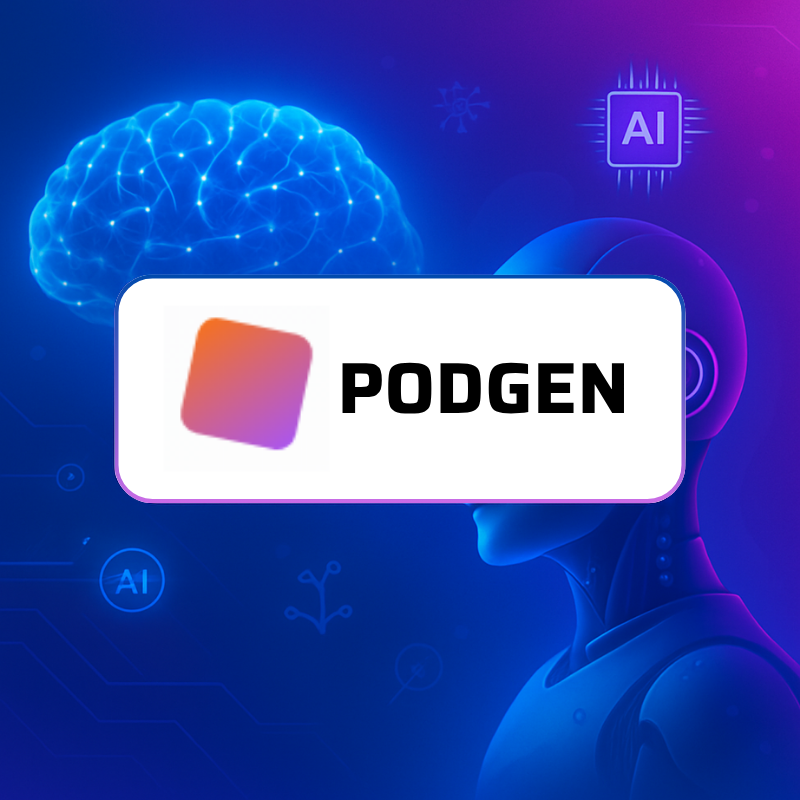In today’s rapidly evolving economy, the role of artificial intelligence (AI) cannot be underestimated. From transforming industries to driving economic growth, AI has become a powerful force in shaping the modern business landscape. With its ability to analyze big data, automate processes, and make accurate predictions, AI is revolutionizing how businesses operate and making them more efficient.
Industries across the board are benefiting from the implementation of AI technology. In healthcare, AI is helping doctors diagnose diseases more accurately and efficiently. In finance, AI algorithms are streamlining investment decisions and predicting market trends. In manufacturing, AI-powered robotics are increasing productivity and reducing costs. The impact is far-reaching.
Not only is AI transforming industries, but it is also driving economic growth. According to a study by PwC, AI is predicted to contribute $15.7 trillion to the global economy by 2030. This growth is fueled by the increased efficiency of businesses, the creation of new job roles, and the development of innovative products and services.
As AI continues to advance, its importance in the modern economy will only grow. Businesses that embrace AI technology will gain a competitive edge and position themselves for success in the digital age. The future is AI, and its transformative power cannot be ignored.
The rapid advancements in artificial intelligence (AI) have transformed the way businesses operate and the global economy as a whole. AI has become a fundamental driver of innovation, efficiency, and growth in the modern economy. Its ability to automate tasks, analyze vast amounts of data, and make informed decisions has made it an indispensable tool for organizations across various industries.
AI’s impact on the economy can be seen in its ability to increase productivity, reduce costs, and enhance decision-making processes. By automating repetitive and time-consuming tasks, AI frees up human resources to focus on more strategic and creative endeavors. This, in turn, leads to increased efficiency, faster turnaround times, and improved overall performance.
Moreover, AI’s data-driven approach allows businesses to make more informed and accurate decisions. By analyzing large datasets, AI can identify patterns, predict trends, and provide insights that would be difficult for human analysts to uncover. This information can be used to optimize operations, develop new products and services, and better serve customers, ultimately driving business growth and profitability.
The integration of AI technology has revolutionized industries across the board, leading to significant improvements in productivity, efficiency, and customer satisfaction. From healthcare to finance, manufacturing to customer service, AI is reshaping the way these sectors operate, creating new opportunities and challenges for businesses and consumers alike.
One of the most prominent areas where AI is making a significant impact is in healthcare and medical research. AI-powered algorithms can analyze vast amounts of medical data, including patient records, diagnostic images, and clinical trials, to assist healthcare professionals in making more accurate diagnoses, developing personalized treatment plans, and accelerating the drug discovery process. This has the potential to improve patient outcomes, reduce healthcare costs, and save lives.
In the finance and banking sector, AI is transforming the way investment decisions are made, fraud is detected, and customer service is delivered. AI algorithms can analyze market data, identify patterns, and make predictions that help financial institutions optimize their investment strategies, reduce risk, and detect fraudulent activities more effectively. Additionally, AI-powered chatbots and virtual assistants are enhancing customer service by providing personalized and efficient support to clients.
The manufacturing and supply chain management industries have also experienced a significant transformation thanks to AI. AI-powered robotics and automation have increased productivity, reduced errors, and improved quality control in manufacturing processes. Furthermore, AI-driven predictive analytics and optimization algorithms are helping businesses streamline their supply chains, minimize inventory costs, and respond more quickly to changes in demand.
The healthcare industry has been at the forefront of AI integration, with numerous applications that are revolutionizing the way medical professionals diagnose, treat, and manage patient care. AI’s ability to analyze vast amounts of data and identify patterns has led to significant advancements in the field of healthcare.
One of the most promising applications of AI in healthcare is its use in medical imaging analysis. AI-powered algorithms can quickly and accurately interpret diagnostic images, such as X-rays, MRI scans, and CT scans, to detect abnormalities and identify potential health issues. This has the potential to greatly improve the speed and accuracy of diagnoses, allowing healthcare professionals to provide more timely and effective treatment.
Another area where AI is making a significant impact is in the field of drug discovery and development. AI algorithms can analyze large datasets of chemical compounds, genomic information, and clinical trial data to identify promising drug candidates, predict their efficacy and safety, and accelerate the drug development process. This has the potential to reduce the time and cost of bringing new drugs to market, ultimately benefiting patients and the healthcare system as a whole.
AI is also being used to enhance personalized medicine, where treatment plans are tailored to the unique characteristics and needs of individual patients. By analyzing a patient’s genetic data, medical history, and other relevant information, AI can help healthcare providers develop more effective and targeted treatment plans, improving patient outcomes and reducing the risk of adverse reactions.
The financial industry has been quick to adopt AI technology, as it offers numerous benefits in areas such as investment management, fraud detection, and customer service. AI’s ability to analyze large datasets, identify patterns, and make predictions has made it an invaluable tool for financial institutions.
In the realm of investment management, AI algorithms are revolutionizing the way investment decisions are made. These algorithms can analyze vast amounts of market data, including stock prices, economic indicators, and news reports, to identify trends and make informed investment decisions. This has the potential to improve the performance of investment portfolios, reduce risk, and provide better returns for investors.
Another area where AI is making a significant impact in the finance and banking sector is fraud detection. AI-powered algorithms can analyze transaction data, identify anomalies, and detect fraudulent activities in real-time. This has led to a significant reduction in financial losses due to fraud, as well as improved customer trust and satisfaction.
AI is also transforming the customer service experience in the finance and banking industry. AI-powered chatbots and virtual assistants are providing personalized and efficient support to customers, answering questions, processing transactions, and even offering financial advice. This has led to improved customer satisfaction, reduced wait times, and lower operational costs for financial institutions.
The manufacturing and supply chain management industries have been at the forefront of AI integration, as the technology offers numerous benefits in terms of increased productivity, improved quality control, and optimized logistics.
In the manufacturing sector, AI-powered robotics and automation have revolutionized the way products are produced. AI-driven systems can perform tasks with greater speed, precision, and consistency than human workers, leading to increased efficiency and reduced errors. Additionally, AI-powered predictive maintenance algorithms can help identify potential equipment failures before they occur, reducing downtime and maintenance costs.
AI is also transforming the way supply chains are managed. By analyzing data from various sources, such as inventory levels, customer demand, and weather patterns, AI algorithms can help businesses optimize their supply chain operations. This includes forecasting demand, optimizing inventory levels, and improving transportation and logistics. As a result, businesses can reduce costs, improve customer service, and respond more quickly to changes in the market.
Furthermore, AI-powered supply chain visibility and traceability solutions are enhancing the transparency and accountability of global supply chains. By tracking the movement of goods and materials throughout the supply chain, these AI-driven systems can help businesses identify bottlenecks, detect potential disruptions, and ensure compliance with regulations and sustainability standards.
The integration of AI technology has transformed the customer service and support landscape, leading to more efficient, personalized, and responsive interactions between businesses and their customers.
One of the most prominent applications of AI in customer service is the use of chatbots and virtual assistants. These AI-powered systems can provide 24/7 support, answering customer inquiries, processing transactions, and even offering personalized recommendations. By automating routine tasks, chatbots and virtual assistants free up human customer service representatives to focus on more complex and strategic issues, leading to improved overall efficiency and customer satisfaction.
AI-powered sentiment analysis is another area where the technology is making a significant impact on customer service. By analyzing the tone, language, and emotions expressed by customers, AI algorithms can help businesses better understand their customers’ needs and concerns, and respond more effectively. This can lead to more empathetic and personalized customer interactions, as well as the identification of potential issues before they escalate.
Furthermore, AI-driven predictive analytics can help businesses anticipate and address customer needs before they even arise. By analyzing customer data, such as purchase history, browsing behavior, and feedback, AI can identify patterns and predict future customer behavior. This allows businesses to proactively offer products, services, and support that are tailored to individual customers, enhancing the overall customer experience.
The integration of artificial intelligence (AI) into various industries has had a profound impact on the global economy, driving growth, increasing productivity, and creating new job opportunities.
According to a study by PwC, AI is predicted to contribute $15.7 trillion to the global economy by 2030. This growth is fueled by the increased efficiency and productivity of businesses that have embraced AI technology. By automating repetitive tasks, optimizing operations, and making more informed decisions, AI-powered organizations are able to reduce costs, increase output, and gain a competitive edge in their respective markets.
The economic impact of AI extends beyond just business efficiency. The technology is also driving the creation of new job roles and industries. As AI systems take over mundane and repetitive tasks, it frees up human resources to focus on more strategic and creative endeavors. This has led to the emergence of new job categories, such as AI ethicists, machine learning engineers, and data scientists, which are in high demand and command competitive salaries.
Moreover, the development and deployment of AI technology has created a thriving ecosystem of startups, research institutions, and technology companies. This has resulted in significant investment and funding in the AI sector, further driving innovation and economic growth. As AI continues to advance, the economic opportunities it presents will only continue to expand, making it a critical component of the modern economy.
While the benefits of AI are numerous and far-reaching, the integration of this technology also presents a range of challenges and ethical considerations that must be addressed.
One of the primary concerns surrounding AI is the potential impact on employment. As AI systems become more advanced and capable of automating an increasing number of tasks, there is a fear that it could lead to widespread job displacement, particularly in industries that rely on repetitive, manual labor. This raises questions about the need for retraining and reskilling programs, as well as the potential for universal basic income to support displaced workers.
Another ethical consideration is the issue of bias in AI systems. AI algorithms are trained on data, which can often reflect societal biases and inequalities. This can lead to AI-powered decision-making that perpetuates or even exacerbates these biases, particularly in areas such as hiring, lending, and criminal justice. Addressing this challenge requires a concerted effort to ensure that AI systems are designed and deployed with fairness, transparency, and accountability in mind.
The issue of privacy and data security is also a significant concern when it comes to AI. As AI systems collect and analyze vast amounts of personal data, there is a risk of data breaches, unauthorized use, and infringement of individual privacy rights. Policymakers and technology companies must work together to establish robust data governance frameworks and security measures to protect individual privacy and maintain public trust in AI-powered systems.
Finally, the potential for AI to be used for malicious purposes, such as in the development of autonomous weapons or the spread of misinformation, raises important ethical questions about the responsible development and deployment of this technology. Ensuring that AI is used in a way that aligns with human values and promotes the greater good is a critical challenge that must be addressed by policymakers, industry leaders, and the broader public.
The integration of artificial intelligence (AI) into the modern economy has been a transformative force, driving innovation, efficiency, and growth across a wide range of industries. As the technology continues to advance, its importance in shaping the future of the global economy will only continue to grow.
From revolutionizing healthcare and medical research to optimizing supply chain management and enhancing customer service, AI has demonstrated its ability to improve business performance, increase productivity, and create new economic opportunities. The economic impact of AI is predicted to be substantial, with estimates suggesting that it could contribute $15.7 trillion to the global economy by 2030.
However, as with any transformative technology, the integration of AI also presents a range of challenges and ethical considerations that must be addressed. Concerns about job displacement, algorithmic bias, data privacy, and the potential for misuse must be carefully navigated to ensure that the benefits of AI are realized in a responsible and equitable manner.
Despite these challenges, the future of AI in the modern economy remains bright. As businesses and policymakers continue to invest in and develop AI technology, the opportunities for growth, innovation, and societal benefit will only continue to expand. By embracing the power of AI and addressing its ethical implications, we can create a more prosperous, efficient, and equitable future for all.

